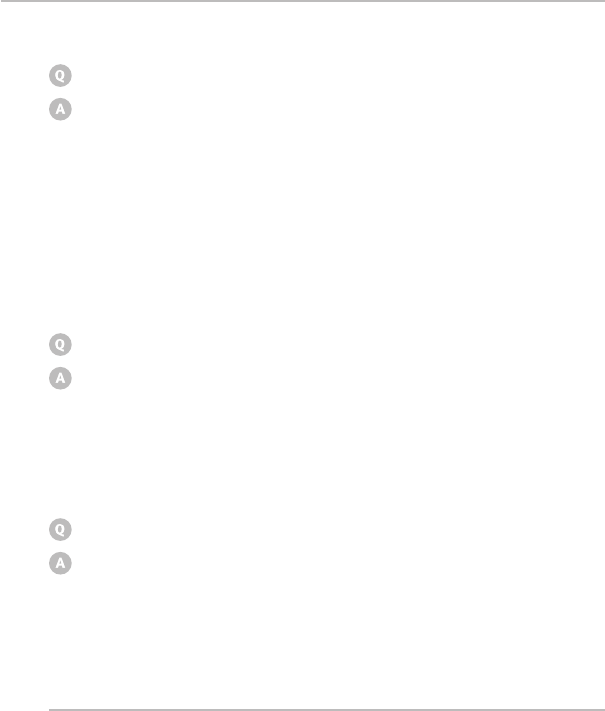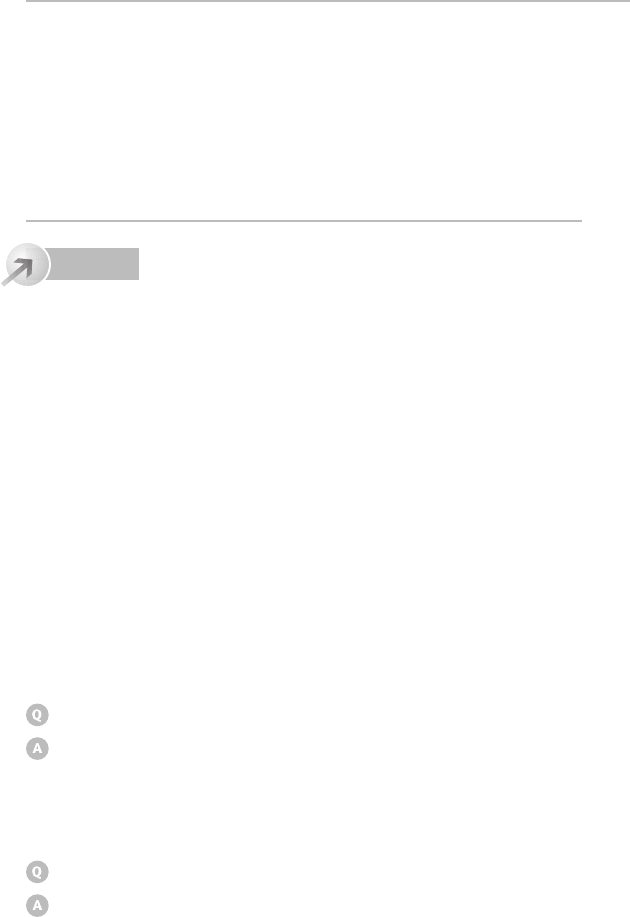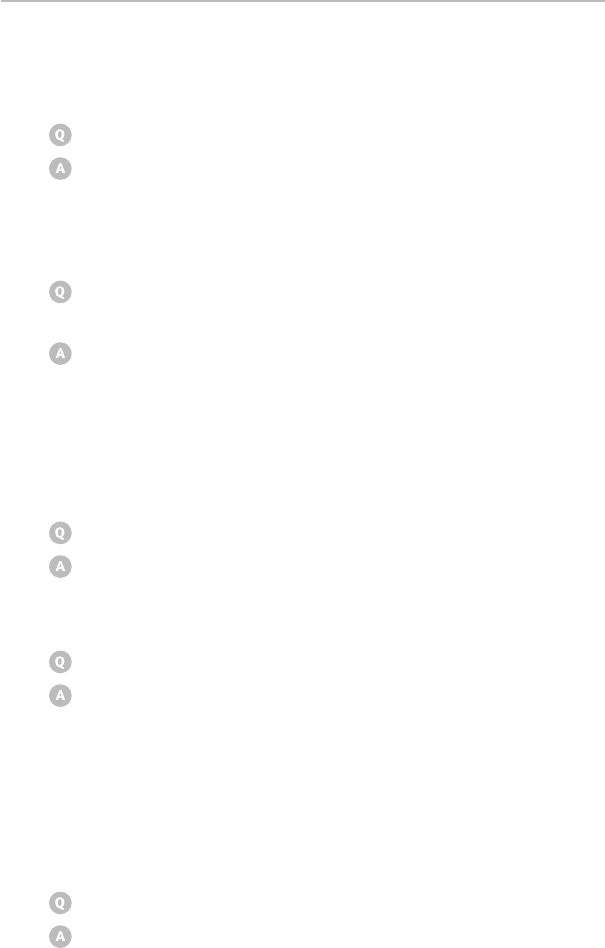
132 brilliant copywriting
If you’re stuck, how do you break out?
The best way is just to start. Spend ten minutes just writing whatever
comes into your head and go into a Zen-like state as you do that. After ten
minutes look at what you’ve got and you might have a load of rubbish or
you might have something really worthwhile. I’ve a lot of books on the
shelves at home so perhaps they help. For example, if I’m writing about a
spa I might open up a book like Patrick Suskind’s Perfume, only to discover
it’s a great book about how to be a psychopathic murderer rather than an
investigation of the senses.
How do you know when something is working?
Sometimes I go through a stage that’s quite close to anger. I’ve got all
these resources and notes and I’ve worked myself almost into a state of
rage because it won’t come. And then something suddenly emerges from
this and the anger subsides and I know I can get on and do it, and that’s
when it’s happening.
What’s the best way for someone to improve their copywriting?
Practice, practice, practice. The more you do it the better you get.
Reading books about copywriting is important. Reading books that aren’t
about copywriting is even more important. And you’ve got to want to be a
writer – actually, going back to one of your earlier questions perhaps that’s
the only thing all copywriters have in common.
In a nutshell:
G Copywriting sells, even if that doesn’t involve the exchange
of money.
G It’s often about translating from one vocabulary into
another.
G Don’t neglect the emotional when constructing your
argument.
G To become a better writer, you need to become a better
reader.
M08_HORB7347_01_SE_C08.QXP:M08_HORB7347_01_SE_C08 2/6/09 14:25 Page 132

G The backstory is far from superfluous; often that’s where
the real power lies.
G An unrelated word or idea can provide a brilliant way in to
a brief.
G A few minutes non-stop writing can break block.
Interviews 133
brilliant
questions and answers
Sarah McCartney
‘Brilliant copywriting makes you want to read to the end. No matter what it’s
about, you start at the beginning and you think ‘ooh’ and you just can’t stop.’
Walk down the high streets of Britain and sooner or later you’ll be
assaulted by a rich cacophony of fragrance emitting from a vivid yellow
shop front labelled ‘Lush’. Actually ‘fragrance’ is the wrong word – Lush
deal in big, lusty smells so good you want to pop them in your mouth and
suck slowly. Since 1996 Lush has promoted its products through the Lush
Times, a periodic publication given away to customers and sent to a
mailing list of around 200,000 cosmetics lovers the world over. The
copywriter behind Lush Times is Sarah McCartney, an insanely hard-working
writer and trainer. As luck would have it Sarah happened to be in York on
business, so after the day’s work was done she came round for a coffee.
Call yourself a copywriter?
It depends on the day. I have two business cards. One says ‘Copywriter’,
the other that I’m a ‘Strategic Storyteller’ because I like that and it interests
people. If people ask, I mostly say that I write for a living and run writing
workshops.
How did you get started in copywriting?
I did science at university and then went into advertising on the
statistics and analysis side. I switched over to marketing and worked in the
Guardian’s marketing department. Around this time I came into contact
with the guys from Lush after they made some products for a Guardian
Valentine’s Day promotion I was running. They asked ‘Do you want to write
L
M08_HORB7347_01_SE_C08.QXP:M08_HORB7347_01_SE_C08 2/6/09 14:25 Page 133

134 brilliant copywriting
Lush Times?’ So I said yes and from that day I was a writer. That was in
1996.
How much do you actually write these days?
The Lush Times is 40,000–50,000 words and that has to come out four
times a year. That’s mostly me. I’m allowed to recycle some of the words
because Lush is very environmentally friendly, so I don’t have to write the
thing entirely from scratch every time.
What can you remember about the first thing you wrote that got
used/produced?
I wrote a piece on how to pass your bike test for Weekend Guardian. I
was told to write 1000 words and I got it down to 4000. It took me ages
to get it finished. Anyway I wrote this piece and it was edited and
appeared with a great big picture of me on my motorbike. At that point I
was officially a writer. It was a milestone – actually, it was more like
Stonehenge.
What did you learn from your early pieces?
By the time I did the second one, when they said they needed 300
words I knew to give them 300 words: editing was definitely lesson number
one.
Any golden rules you’ve arrived at over the years?
If you’re stuck go for a walk and go on the swings in the park. I do
believe that standing on your head causes ideas to drop into it – a yoga
thing. I’d like to run joint yoga and writing courses because I think people
would be full of ideas afterwards. Another thing I like to do is open a book
at random, stick my finger down the page and find a word and fit it into
the next thing I have to write. It’s not about creativity; it’s about wiles; it’s a
technique.
Any big influences on your writing/thinking?
David Brook, boss of the marketing department at the Guardian – he
made us present all proposals to him on a single sheet of A4 with bullet
points. Also Nancy Banks-Smith, one of the Guardian critics – I read her
M08_HORB7347_01_SE_C08.QXP:M08_HORB7347_01_SE_C08 2/6/09 14:25 Page 134

Interviews 135
television reviews and thought, ‘Oh my God, we’re allowed to write like
that’. She didn’t approach it in a scholarly way: she approached it as a
genuine human being. That’s what I’ve always done.
How about the whole short copy vs. long copy thing?
I’m very good at anything from paragraphs upwards. I believe that long
copy is sadly neglected. People say that there’s no point writing long copy
because people don’t read it, but that’s a self-fulfilling prophecy.
Do you ever get really stuck? And if so, how do you break out?
I was stuck yesterday. I get stuck when I’m very tired. I don’t believe
that people’s best creative ideas come when they are exhausted. To get
unstuck I think about what’s happened today and start writing for three
minutes: what did you notice today, what was unusual . . . I just get it
down. I’m better if I know somebody is waiting for me and I owe them it.
Do you read much?
I love reading 1930s detective novels for the language, whether it’s
Damon Runyon and his American gangster language or Margery Allingham
or Edmund Crispin. I go to them if I ever feel like I need topping up.
How long does an edition of the Lush Times take to write?
It used to be two months full on, so around forty working days
producing 1000 words a day. These days it’s very unlikely that I get that
much time because Lush is so much bigger now. So I end up with fewer
days with more to pack in. It’s more like twenty days of 2000 words each,
and even that speeds up at the end.
And finally, what advice do you have for anyone trying to become a
copywriter?
Start now. Sell a few things on eBay. Write copy for those. Don’t make it
sound like an ad; make it sound genuine. Write the way you would tell it to
somebody. Don’t allow long words to sneak in and make it all writerly.
Practice, practice and practice some more. Nobody is going to give you a
job if you haven’t written anything.
M08_HORB7347_01_SE_C08.QXP:M08_HORB7347_01_SE_C08 2/6/09 14:25 Page 135

In a nutshell:
G If they ask for 300 words, don’t give them 1000. It’s not
being generous, it’s being wrong.
G If you’re stuck, try picking a word at random and working
that into whatever you’re writing.
G You’ve got a choice: sit there feeling guilty about not doing
it, or just get on with it.
G Write like you’d say it. The more writerly something is, the
less human it’ll feel.
G Very few people can create effectively when they’re dead
tired. The all-nighter is a myth; don’t fall for it.
G Standing on your head causes ideas to drop into it. Possibly.
136 brilliant copywriting
brilliant
questions and answers
Dan Germain
‘Brilliant copywriting doesn’t demand any explanation. It’s short and sweet
and hits the spot first time. Just recently we had a competition to find some
words to go on the bottom of our bottles. The best was “Trapped in bottle
factory. Send help.” Now that’s brilliant.’
What can we say about Innocent’s much-praised writing that hasn’t been
said before? Hopefully something or you might as well skip to the next
interview. The fact is their quirky text has put copywriting on the map for
many people, although their success has caused copywriters some problems
as these days every other client, regardless of their business, wants to
sound like Innocent. To find out more I headed for unlovely Shepherds Bush
to speak to Dan Germain, Head of Creative at Innocent. He met me in
reception minus shoes and socks, presumably all the better to experience
the tingle of Astroturf between his toes – you didn’t imagine Innocent went
for anything as conventional as carpet, did you? After a few stiff smoothies
we got to work.
M08_HORB7347_01_SE_C08.QXP:M08_HORB7347_01_SE_C08 2/6/09 14:25 Page 136
..................Content has been hidden....................
You can't read the all page of ebook, please click here login for view all page.
